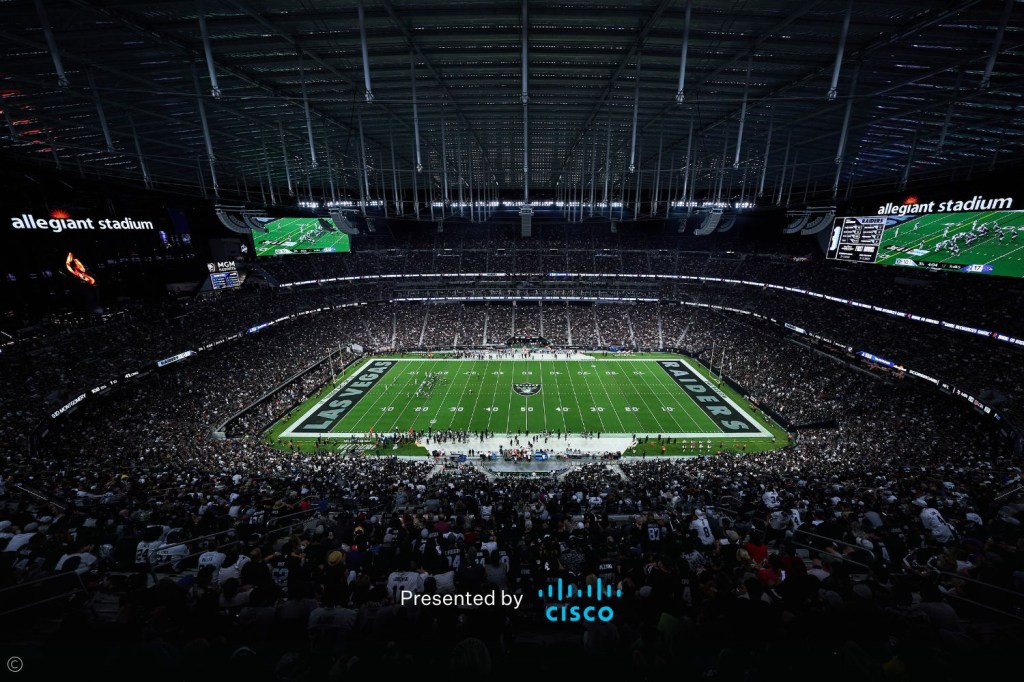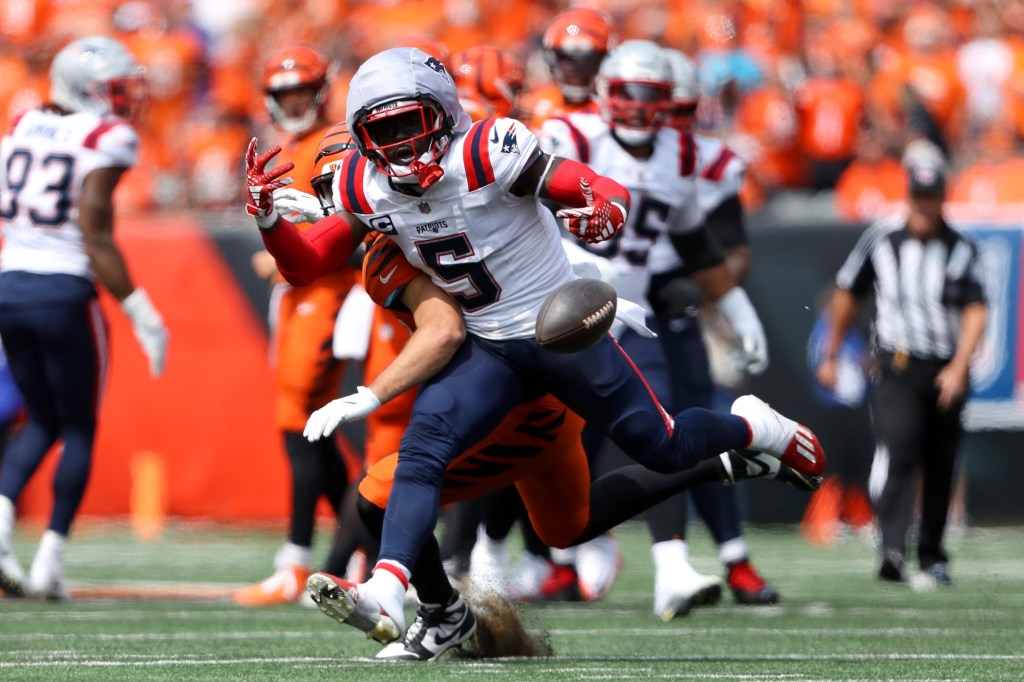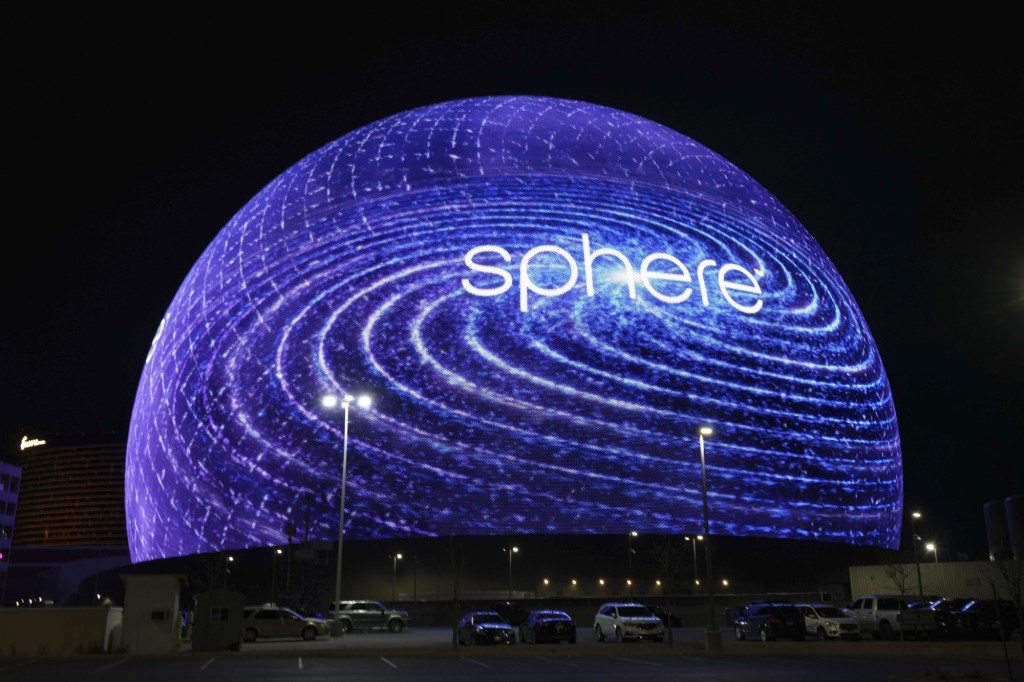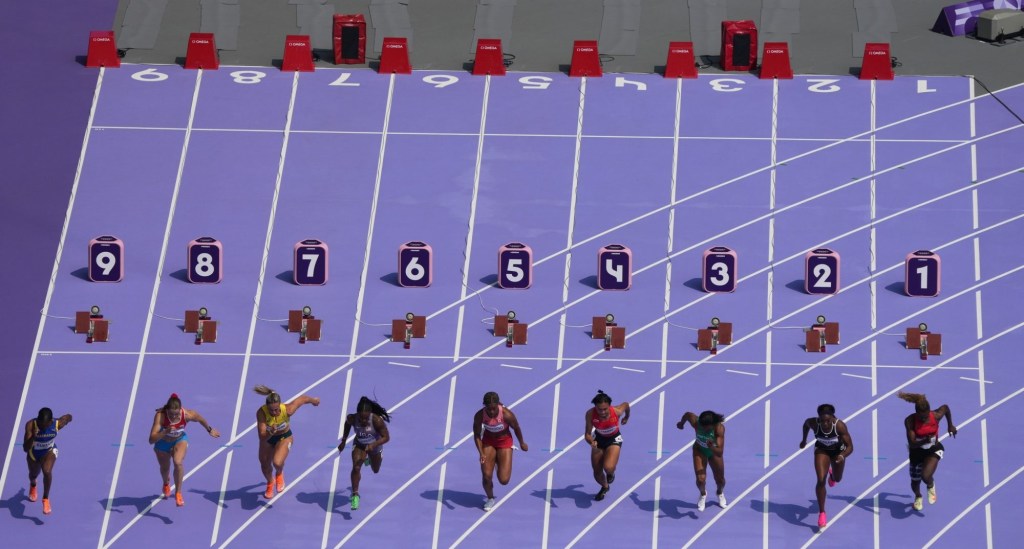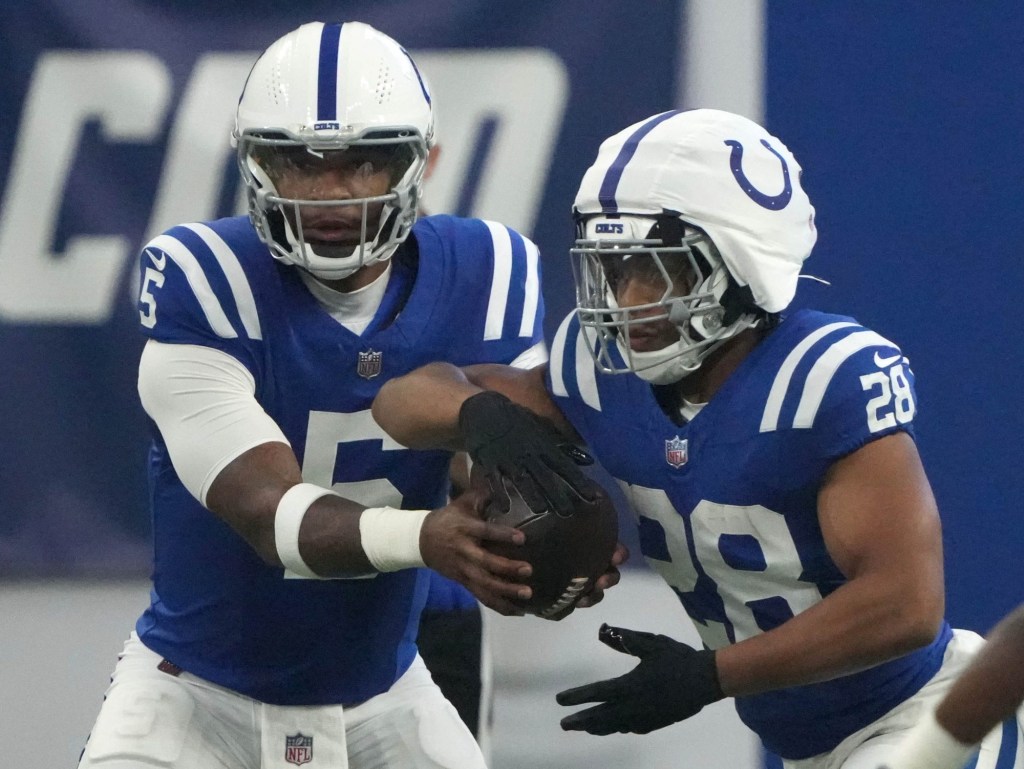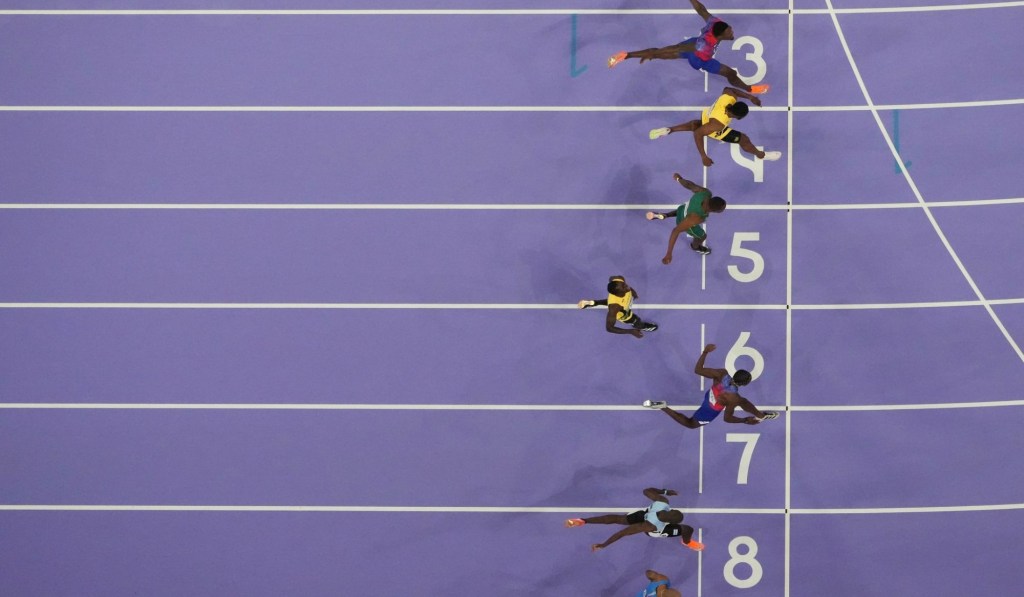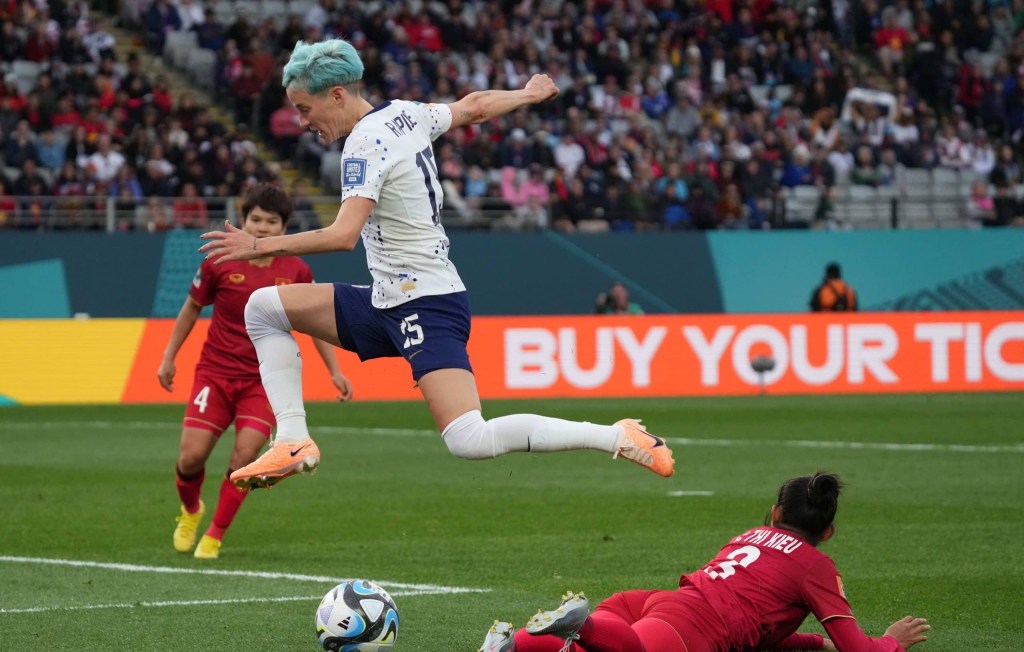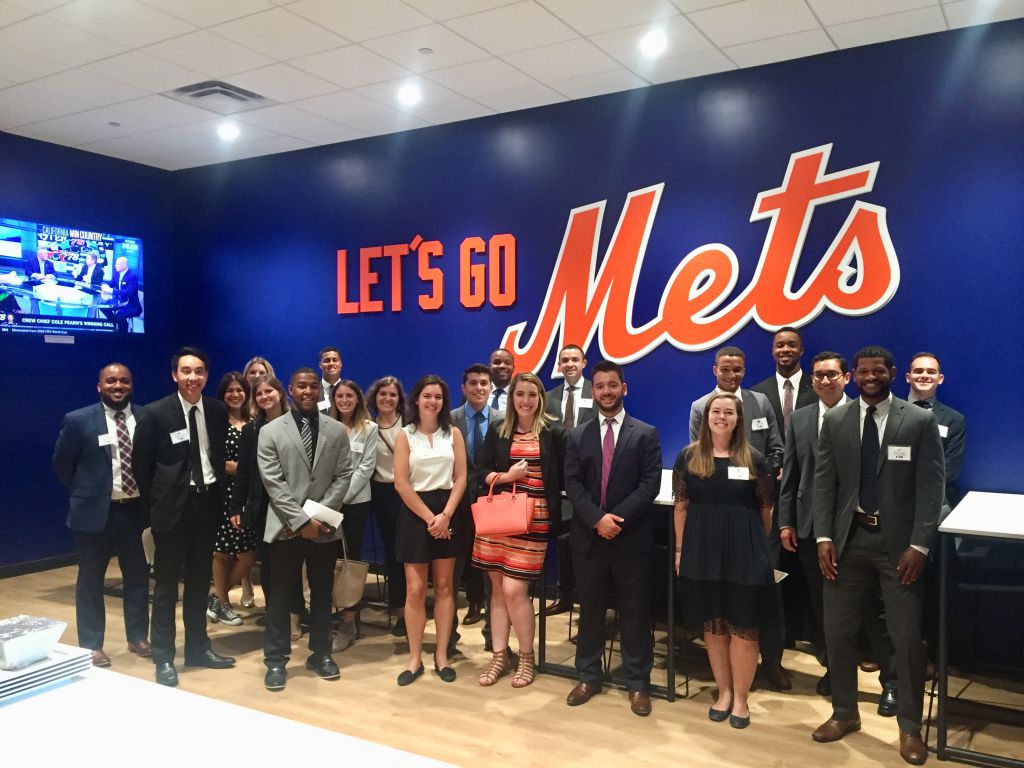
Since joining Major League Baseball, Tyrone Brooks has been determined to have America’s Pastime grow through diversity. With the first class of MLB’s Diversity Fellowship nearing its end, he’s confident that this opportunity will serve as a professional springboard for them – similar to what he has experienced in the sport.
After graduating from the University of Maryland in 1996, Brooks’ introduction to sports came through the Atlanta Braves as a part of MLB’s Career Initiative Training Program. Developed by Hank Aaron and Stan Kastek, it gave him his start, which culminated in stints with the Cleveland Indians, Pittsburgh Pirates, and Baseball Industry Network – a baseball-networking organization. He became MLB’s senior director of front office and the Field Staff Diversity Pipeline Program in 2016 – hoping that younger minorities get to experience what he has worked towards.
“From my own experiences, coming in through a program like [the Career Initiative Training Program], this was another opportunity for us to do something on a larger scale as a league,” Brooks said. “Creating this [Diversity Fellowship] has opened up a door and hopefully this is a next generation of individuals that are going to make their way through, one, taking advantage of the opportunity, and [two,] in developing the future leaders.”
Launched in 2017, the MLB Diversity Fellowship places its fellows in entry-level roles within its clubs or league office. It’s an 18-to-24 month commitment in a front office or baseball operations role at one of the 18 MLB clubs participating in this initiative. The inaugural 2017 class featured 22 participants who came from across the United States, Dominican Republic, and Venezuela.
While playing college baseball at Morehouse College, Jason Davis knew that he was never going to become the next Pete Alonso. Trying to carve out a non-playing career in the sport, his older brother sent him a website link when MLB announced the fellowship program.
For Davis, the only job application he submitted was to the Diversity Fellowship – despite being aware of MLB’s decline in African-American ballplayers. According to the 2019 MLB Racial and Gender Report Card, an annual report published by the University of Central Florida’s Institute for Diversity and Ethics in Sport, African-American players represented only 7.7% of MLB players – the league’s highest percentage in the last six years, but less than the all-time high of 18% in 1991.
Davis’ wish of staying in baseball came true when the New York Mets offered him a fellowship role. He isn’t sure if it was luck or confidence to make him invest only in MLB. Regardless, he views himself as an inspiration – and living proof of baseball’s diversity efforts.
“Three or four HBCU people were chosen [for the MLB Diversity Fellowship],” Davis added. “Even in that respect, I’m a pioneer being in the program, but also for HBCUs, people of color, smaller schools, just knowing that there are big opportunities out there for them. I’m excited to see where the program goes and baseball in general as we continue to get more people of color in the office and back on the field.”
Similar to Davis, Danielle Dockx always knew she wanted to work in sports – but in medicine. Growing up, her dream job was working in sports medicine and orthopedics. Two years of science classes – her major was ecology and evolutionary biology – at Princeton made her quickly realize that this wasn’t meant for her.
While playing softball at Princeton, Dockx says that MLB’s Diversity Fellowship fell into her lap. One day, her academic advisor showed her the application. Aware of its relative newness, she knew of baseball’s past reputation as being a predominantly white male sport. Since joining the Tampa Bay Rays as its baseball operations fellow, she’s happy to see the game wanting to change its past thinking – and how far it’s gone to adapt.
“I’ve felt welcomed from the beginning,” Dockx said. “I’ve never felt that there’s been any barrier as to what I can go pursue or what I can kind of get my hands into. It has provided me with a little bit of excitement to see where I can go in this game and how I can help leave the game in a better place than it was before.”
Despite MLB’s continuous efforts in promoting diversity in the workplace, progress has been slow. When it comes to gender hiring, the central office received a C on the 2019 Racial and Gender Report Card – the lowest grade amongst leagues such as the NFL, NBA, WNBA, and MLS. The percentage of professional female staffers in 2018 was 30.8% – down from 31.8% in 2017. There were also fewer women in director and managerial positions at 33.6% – a 3.5% drop year-over-year.
However, the league has shown improvements in its racial hiring. For the 2018 season, MLB’s Central Office professional staffers were 33.3% people of color – as were 37.3% of directors and managers. However, the percentage of people of color in senior executive positions was at 23.2% at the end of 2018 – a 1.2% decline year-over-year.
Dr. Richard Lapchick, the director of UCF’s Institute for Diversity and Ethics in Sport, says that the Diversity Fellowship is showing signs of success. He says that three of his students have already applied for the 2020 program. According to Brooks, nine of the 22 fellows from 2017 have already been promoted to full-time positions with their clubs.
READ MORE: Women In Sports Roundtable: Female Executives In Big 4 Sports
Even though Lapchick knows that the Diversity Fellowship won’t solve MLB’s gender disparity, women are emerging as important leaders. In 2018, MLB had 32 women holding on-field operations roles – an 88% increase year-over-year. All but one of MLB’s 30 clubs had at least one woman serving in a senior vice president or vice president role.
Lapchick points out women such as Kim Ng and Raquel Ferreira. As MLB’s senior vice president of baseball operations, Ng is the sport’s highest-ranking Asian American executive. Ferreira was recently promoted to co-interim president of baseball operations for the Boston Red Sox – making her MLB’s highest-ranking female executive.
In the future, Lapchick would be surprised if Ng doesn’t soon become the general manager of an MLB squad. He hopes that with women such as Ng and Ferreira, they’ll inspire others to join them at the helm. With the application deadline for the 2020 MLB Diversity Fellowship being Oct. 15, clubs are hoping to find the next generation of executives who will make the league a more diverse place.
READ MORE: Spree Of Female Executive Hires A Hopeful Harbinger For A More Diverse Future
“If you saw the numbers of Major League Baseball or all of the sports 20 years ago, you would see that diversity in the workplace, particularly in the legal offices is now a stated business goal,” Dr. Lapchick said. “They understand that it’s good for business – that baseball’s going in the right direction. They just have to, like all the other leagues, push harder at the club level for women to be hired in those senior leadership positions.”
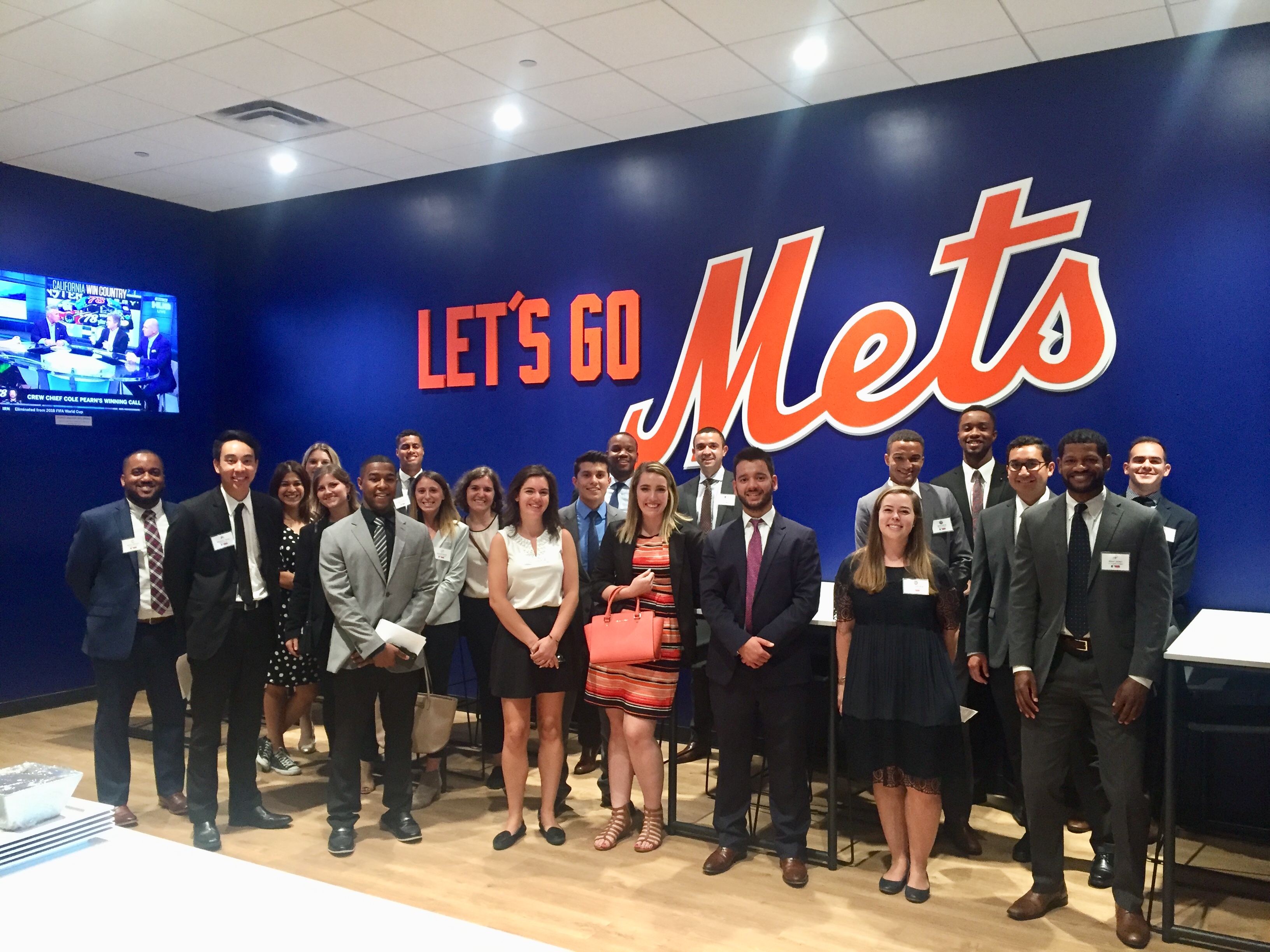
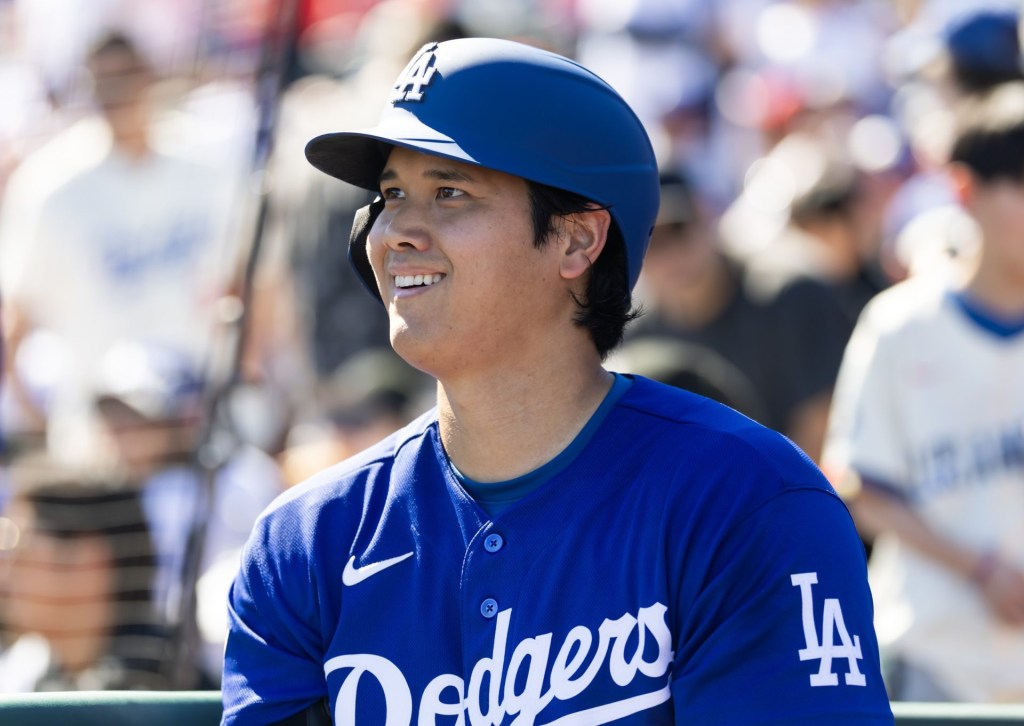

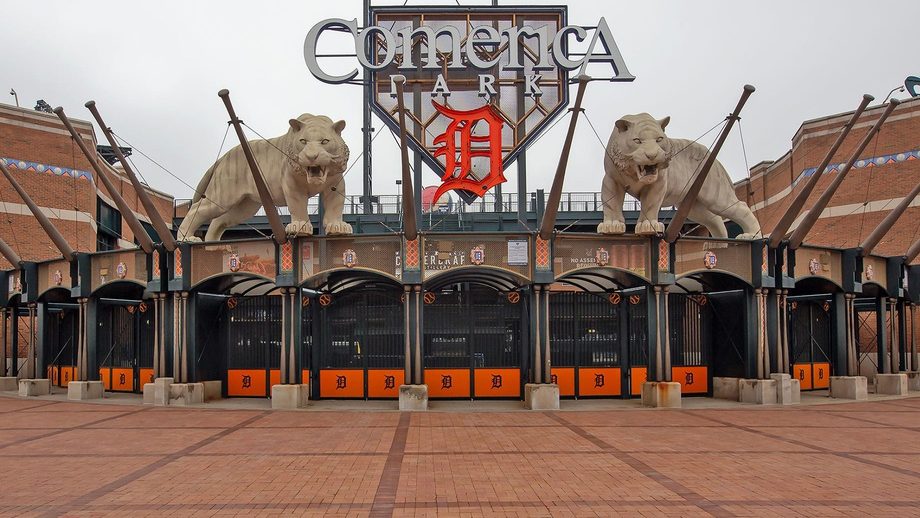
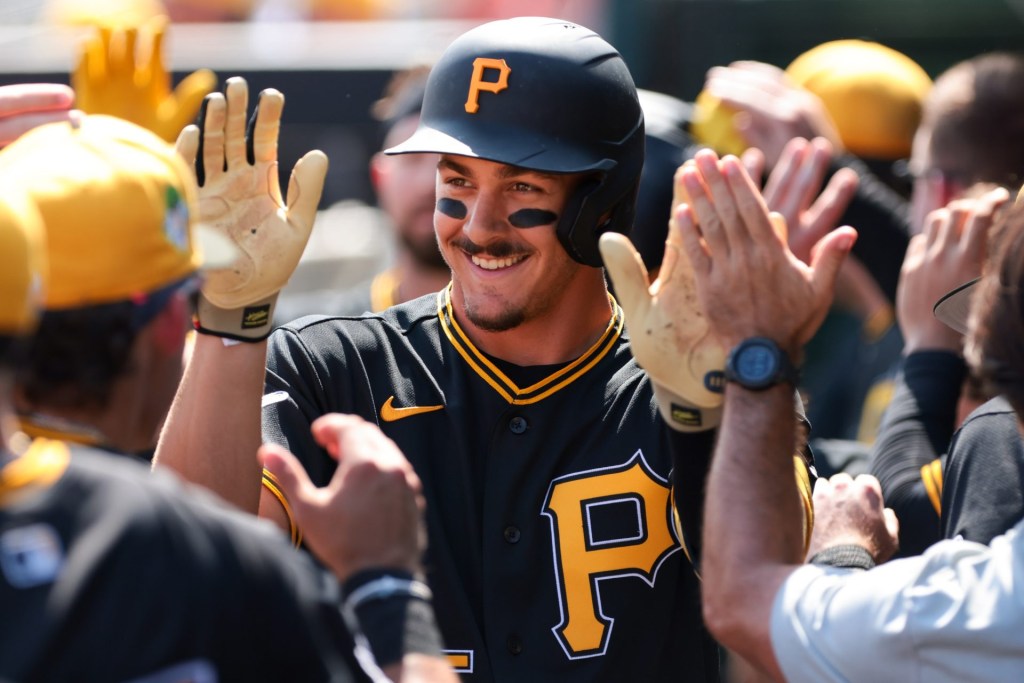


![[Subscription Customers Only] Jun 15, 2025; Seattle, Washington, USA; Botafogo owner John Textor inside the stadium before the match during a group stage match of the 2025 FIFA Club World Cup at Lumen Field.](https://frontofficesports.com/wp-content/uploads/2026/02/USATSI_26465842_168416386_lowres-scaled.jpg?quality=100&w=1024)
![[Subscription Customers Only] Jul 13, 2025; East Rutherford, New Jersey, USA; Chelsea FC midfielder Cole Palmer (10) celebrates winning the final of the 2025 FIFA Club World Cup at MetLife Stadium](https://frontofficesports.com/wp-content/uploads/2026/02/USATSI_26636703-scaled-e1770932227605.jpg?quality=100&w=1024)
